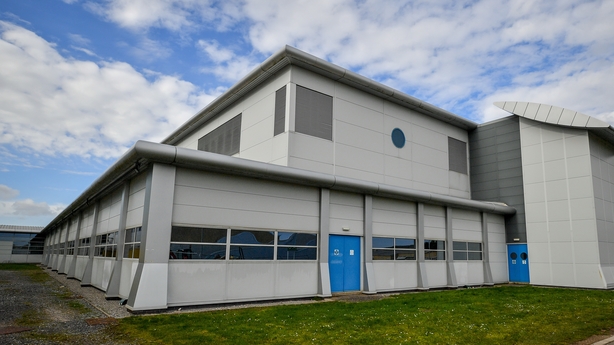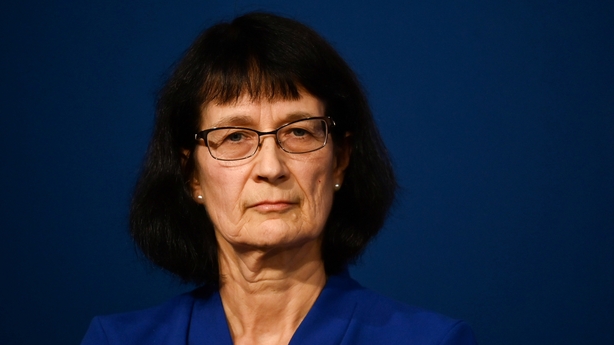A state-of-the-art vaccine research facility, where scientists will work to ensure future pandemics are stopped in their tracks and do not cause the same disruption to everyday life as Covid-19, has been opened by the British government.
The Vaccine Development and Evaluation Centre (VDEC) is based at the UK Health and Security Agency (UKHSA) science and defence technology campus Porton Down, near Salisbury in Wiltshire.
Live viruses will be kept on-site in specialist containment facilities, with researchers looking at pathogens that do not yet have a vaccine, or ones where immunisation could be improved, such as flu, mpox or hantavirus.
Elsewhere, scientists will test emerging Covid-19 jabs on new variants, target diseases such as tuberculosis (TB), and are currently running phase one clinical trials on a potential world-first jab against Crimean-Congo haemorrhagic fever, a tick-borne virus which is fatal in about 30% of cases.
Chief Executive of UKHSA Professor Jenny Harries said: "What we're trying to do now is capture that really excellent work from Covid and make sure we're using that as we go forward for any new pandemic threats."
It is also hoped the facility will help the UK tackle "disease X" by enhancing preparedness for yet-to-be identified pathogens with pandemic potential.
Scientists will look at viruses and bacteria they already know pose a threat and evaluate the effectiveness of existing vaccines against them.
Prof Harries said the term "disease X" is applied as scientists "don't know what the next pathogen will be that will cause a pandemic" but said the UK needs "to be ready".
She added: "We don't know what it is but we can get ready for some virus families.
"We can guess a little bit; we can look at changing the epidemiology of different viruses, we can look at changing climate and start to estimate, but we will never know 100%.

"What we try to do here is keep an eye on the ones that we do know. For example with Covid, we are still here testing all the new variants with the vaccines that have been provided to check they are still effective.
"But we are also looking at how quickly we can develop a new test that would be used if a brand new virus popped up somewhere."
The launch of the facility comes after the publication of the UKHSA's three-year strategy.
The blueprint outlines how the organisation will prepare for, and respond to, future hazards, which includes improving health outcomes via vaccines.

The UK's preparedness for a pandemic came under the spotlight earlier this summer as part of the first public hearings in the Covid-19 Inquiry.
It heard that previous governments had focused too much on preparing for an influenza pandemic rather than other types of pathogens, with former prime minister David Cameron admitting it was a "mistake".
Professor Isabel Oliver, chief scientific officer of UKHSA, said: "We know that through scientific advancement, we could detect and control these spreads before they have the impact that Covid-19 had on our lives.
"It's not easy, but we know that if we strengthen surveillance and if we accelerate the development of diagnostics, vaccines and therapeutics, we could do so much better.
"We need to be prepared for all threats, including those that have not been detected yet."
The VDEC will also bolster the UK's contribution to the 100 Days Mission, a global goal set by the G7 in 2021 with the aim of deploying a vaccine against any new pandemic threat within 100 days of identification.
Prof Harries said the first Covid-19 vaccine was developed in "362 days, or thereabouts". She added: "To get to 100 days is really, really stretching ambition but if you're going to prevent pandemics that's exactly what we need to do."
Janet Valentine, executive director for innovation and research policy at the Association of the British Pharmaceutical Industry (APBI), said the Covid-19 pandemic "taught us that through extraordinary interventions and public sacrifice we could slow down the spread of the virus, but not stop infection".
"This came with huge economic and personal cost," she added. "But the most important lesson learnt is that the only way to beat a pandemic is by actively seeking and delivering new vaccines and treatments, the sooner, the better.
"This new research centre is an essential national asset, which in partnership with industry, strengthens the UK's pandemic defences, and takes us closer to our shared 100 Days Mission target to beating any new virus or pathogen."

